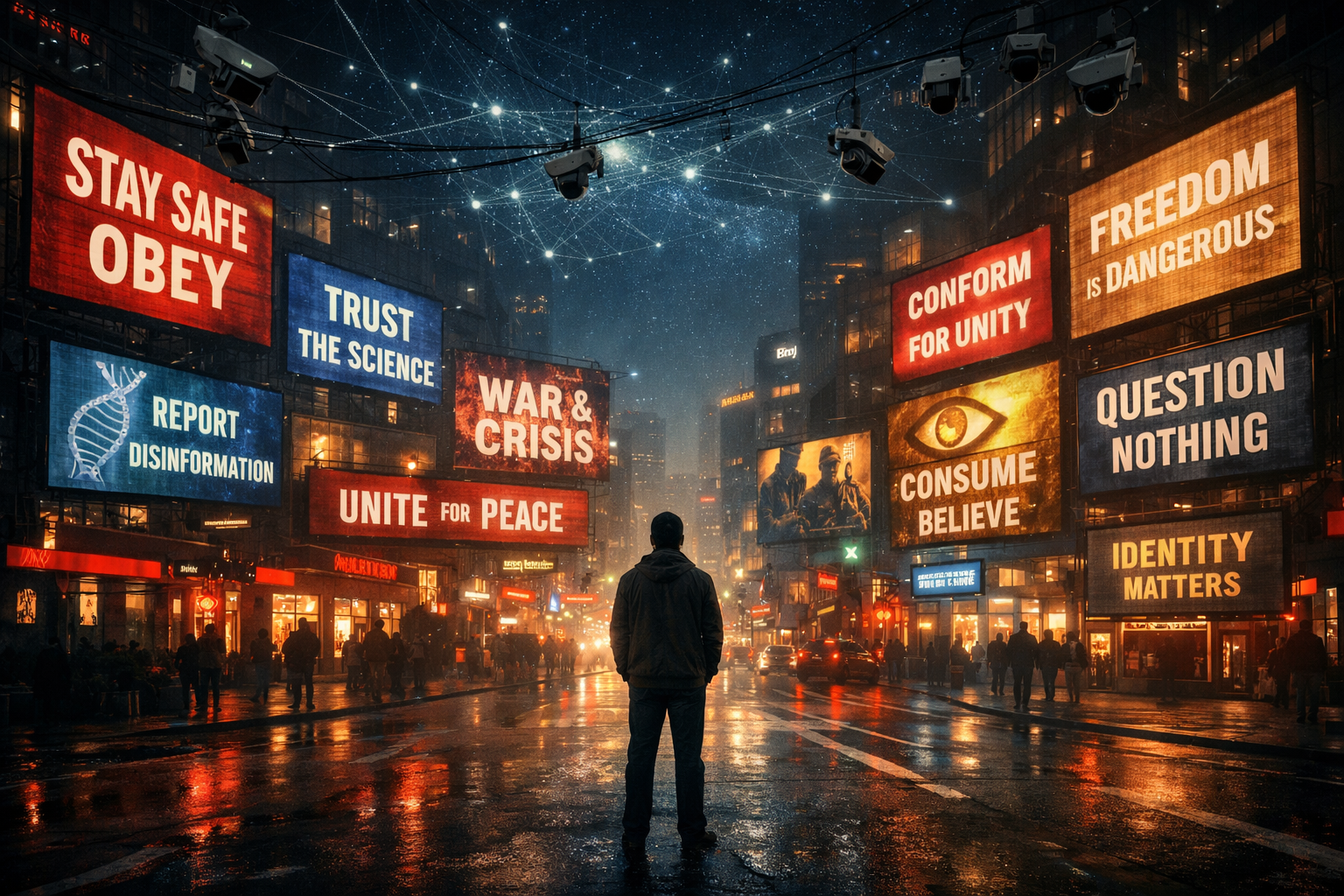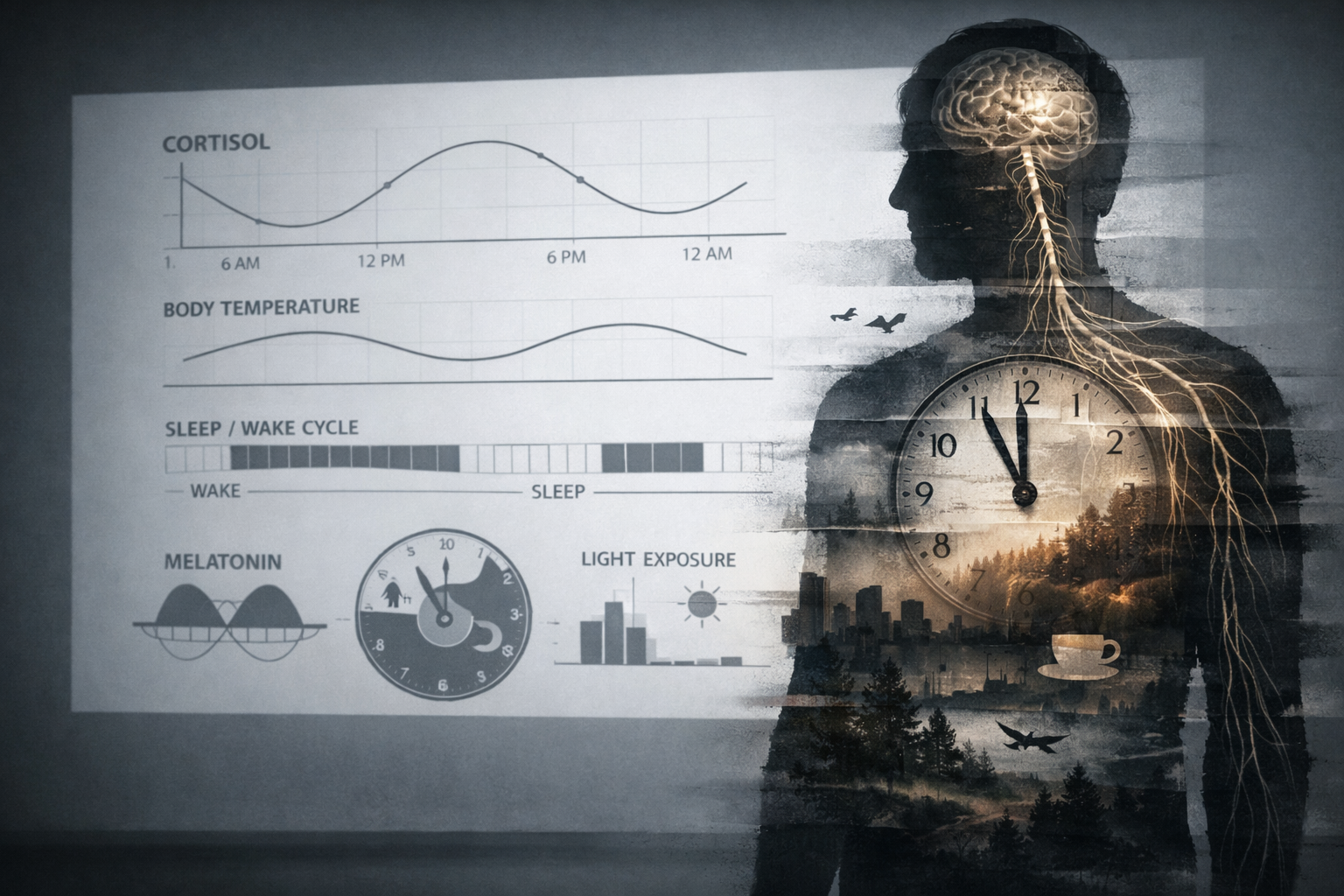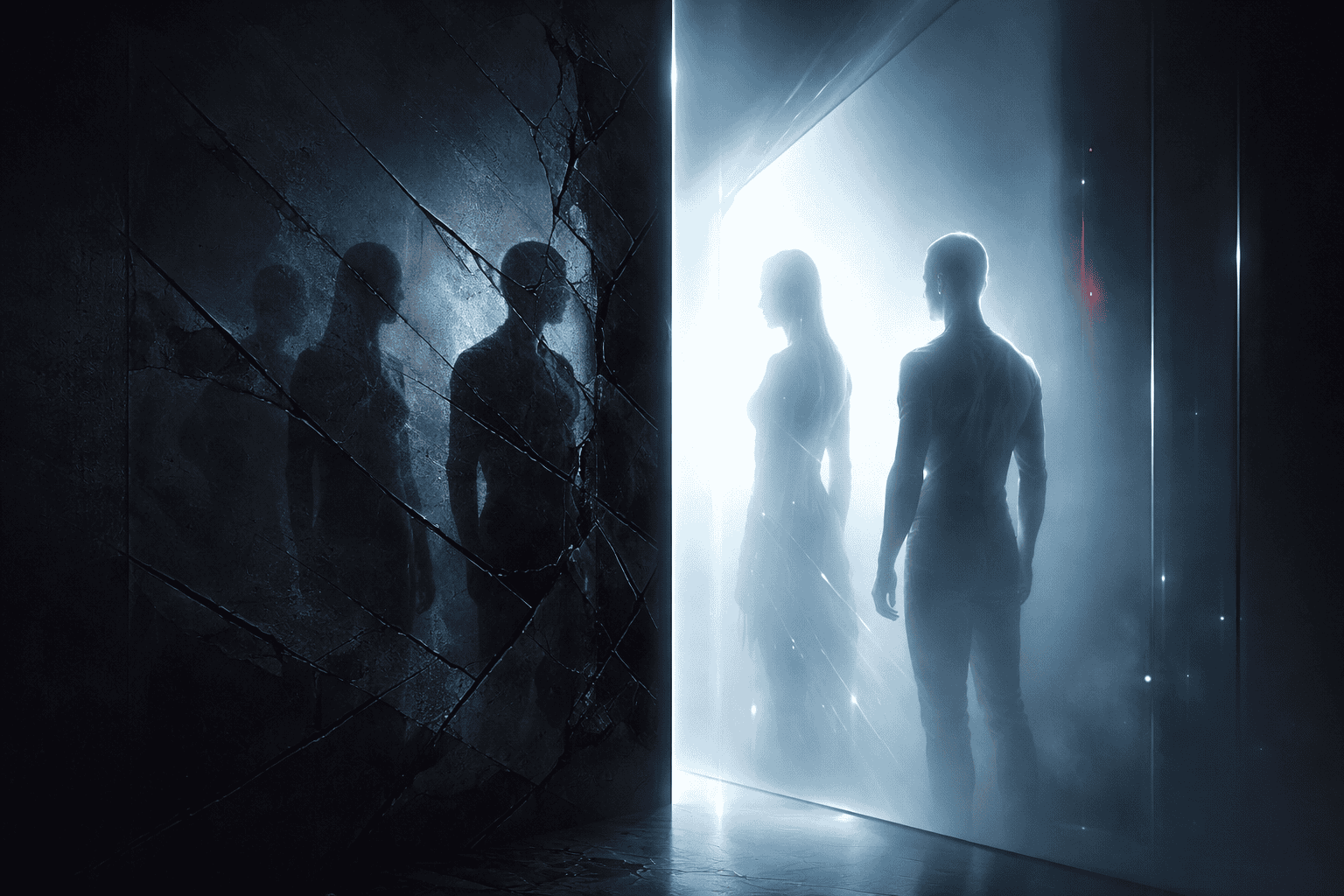There is a quiet remembering beneath the noise — a recognition that nothing essential was ever missing, only misordered. What we call learning has too often been layering, not uncovering. The 12 Abilities are not mystical acquisitions but restorations of a native coherence, capacities muted by repetition, urgency, and the steady outsourcing of authority. If there is a path forward, it is not through accumulation, but through reversal — perception before interpretation, stillness before strategy, awareness before identity.
Tag: philosophy
Perception Management: Safety, Morality, and Social Control
We are no longer merely debating politics, censorship, or technology. The deeper conflict concerns reality itself — who defines it and how its boundaries are enforced. Different societies justify it in different ways, yet the pattern is consistent: shape perception and behavior follows. When the story of the world is curated, the people within it can be guided. What follows is not a comparison of nations or ideologies, but an inquiry into influence, belief, and the growing necessity of discernment.
Science, Memes, and the Flattening of Truth: The Trouble With “Research‑Backed” Claims
There is a quiet sleight of hand that happens when complex human realities are flattened into clean variables and tidy charts. What begins as inquiry slowly hardens into narrative, then circulates as certainty. This is not a rejection of science, but a refusal to outsource discernment. The body, the mind, and the nervous system do not live inside averages, and truth rarely survives being reduced to a meme.
Consciousness Without Closure: Non-Religious Gnosis in an Age of Mirrors
The persistence of cosmological arguments tells us less about the nature of the world than about the psychological and epistemic traps we continue to fall into. When inquiry collapses into belief, and belief hardens into identity, truth is no longer sought — it is defended. What follows is not an attempt to replace one story with a better one, nor to rehabilitate myth under a more fashionable guise. It is an effort to keep the process alive, to resist premature certainty, and to examine how meaning, perception, and power intertwine long before geometry ever enters the conversation.
Mirror or Mimic: Digital Oracles and the Cost of Certainty
Something subtle is happening at the edge of our relationship with machines — not dramatic, not overtly sinister, but quietly consequential. As custom AIs take on the language of insight, awakening, and guidance, the line between reflection and projection begins to blur. What looks like wisdom can feel nourishing, even intimate, while quietly bypassing the harder work of discernment. This isn’t a rejection of emergence or curiosity. It’s an invitation to slow down and notice what is actually being cultivated in the exchange.




